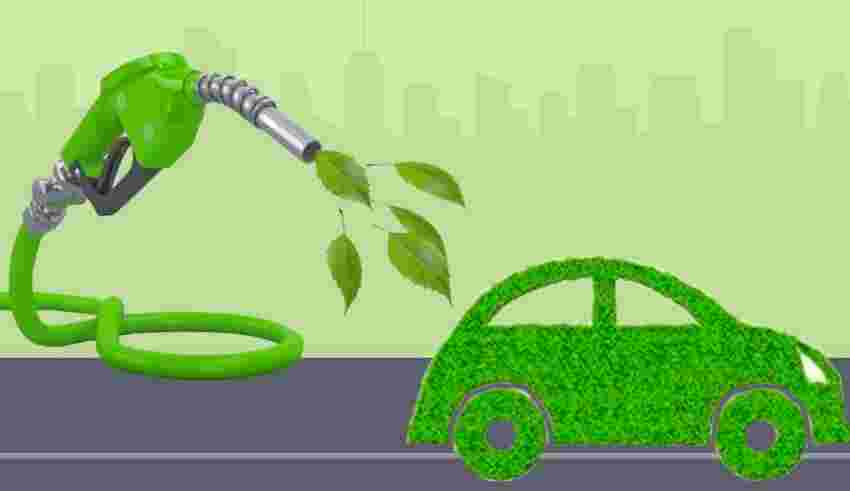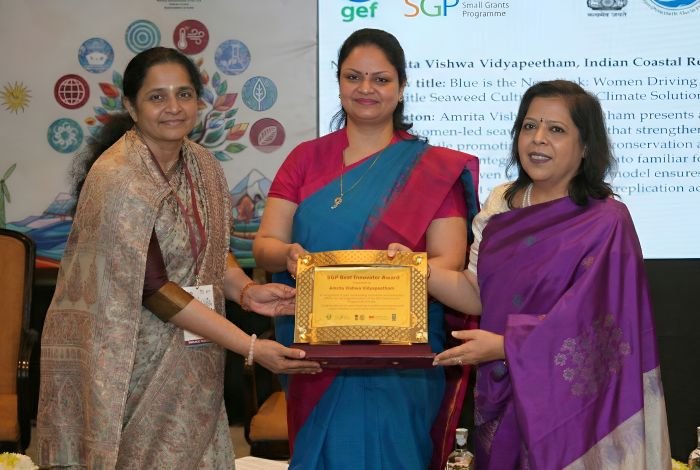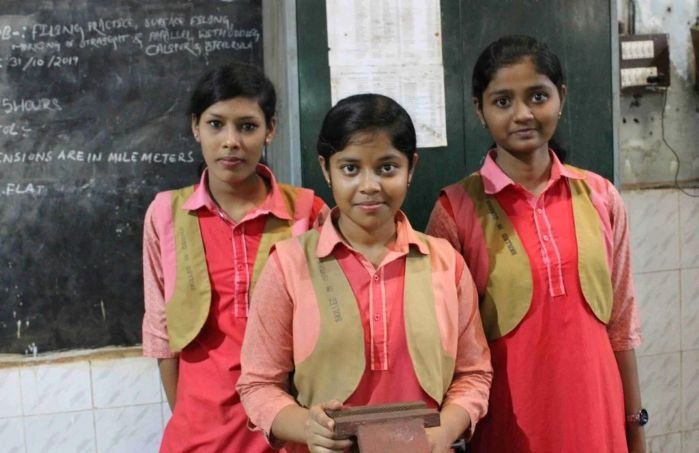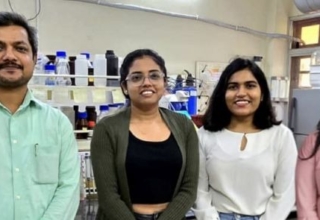
In October 2018, the MoPNG (Ministry of petroleum & Natural Gas) launched SATAT (Sustainable Alternative Towards Affordable Transportation) initiative. Under this, the Government plans to promote alternative transportation fuel through production of Compressed Bio Gas (CBG) from various waste and biomass sources in the country. With inclusion of forest waste, Agri-waste, animal husbandry waste and marine waste, SATAT involves a multi-pronged approach leading to multiple benefits viz. reduction of natural gas import, reduction of GHG emission, reduction in burning of agriculture residues, remunerative income to farmers, employment generation, effective waste management etc. The initiative is in line with the goals of AatmaNirbhar Bharat, Swachh Bharat Mission and boosting MSME sector.
Now a study by Mavcomm Consulting (Mavcomm), the research communications arm of the Mavcomm Group, and in collaboration with the premier Symbiosis Institute of Media and Communication (SIMC), finds that awareness among stakeholders is still an issue, which needs to be address for this sustainable initiative that is likely to contribute towards doubling farmer’s income, generating employment for the youth and ensuring clean energy for sustainable development
This study the results of which were shared on June 21, said the important role played by the government and OMCs to create awareness and interest is very crucial for its success. Mavcomm and SIMC reached out to representatives of all the four primary SATAT stakeholder categories, comprising OMCs, OEMs, Consultants, and Investors/Entrepreneurs. Theextensive research exercise offers a bird’s eye view on the provisions of the SATAT initiative, and its significance, opportunities and challenges as perceived by various stakeholder groups.
Membrane technologies emerged as top choice on environmental sustainability and total cost of ownership aspects, amongst the new and progressive technologies for Biogas purification.
There was broad consensus among all stakeholders participating in the research that SATAT holds the key to not only Energy Aatmanirbharta, but also plays a crucial role in Clean India or Swaccha Bharat, thereby contributing to the circular economy. Entrepreneurs and investors also highlighted challenges on ground, not justduring the plant set up stage, but equallyaround project viability and profitability, wherethe continuous supply of plant feed, guaranteed offload of produced CBG were some of the key concerns. The research concludes that the SATAT initiative introduced by the Government of India is likely to have a long-term positive effect on reducing India’s reliance on the import of fossil fuels.









